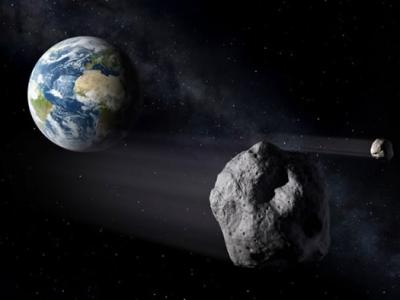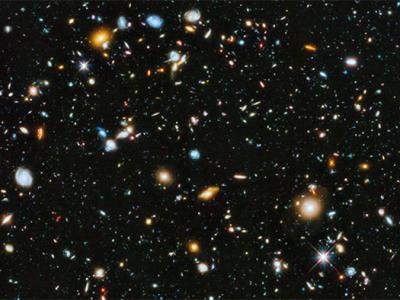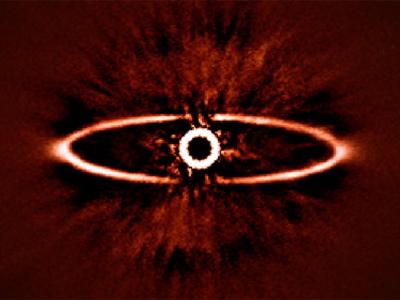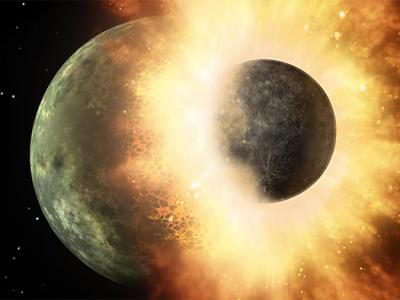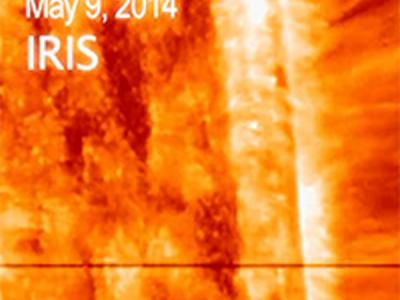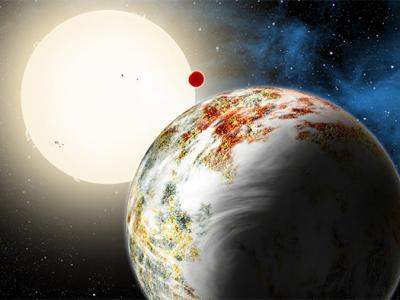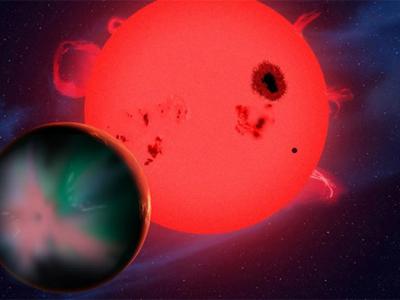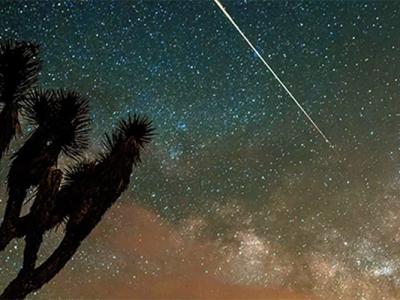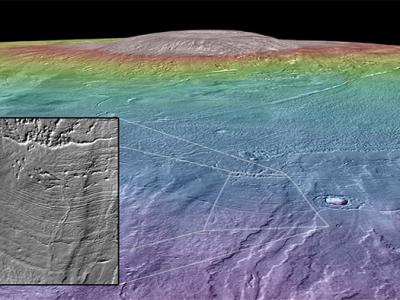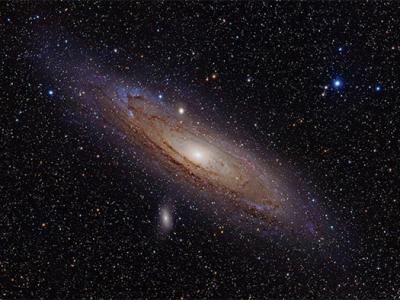IAU: No, You Can't Name That Exoplanet
The International Astronomical Union (IAU) — the official body that governs the designations of all celestial bodies — in their capacity of purveyors of all things “official” has deemed attempts at crowdsourcing names for exoplanets illegitimate.
“In the light of recent events, where the possibility of buying the rights to name exoplanets has been advertised, the International Astronomical Union (IAU) wishes to inform the public that such schemes have no bearing on the official naming process,” writes Thierry Montmerle, General Secretary of the IAU in Paris, France.
Although the “schemes” are not specifically named, the most popular US-based “exoplanet naming” group Uwingu appears to be the target of today’s IAU statement. Set up by Alan Stern, planetary scientist and principal investigator for NASA’s Pluto New Horizons mission, Uwingu encourages the public to nominate and vote (for a fee) on names for the slew of exoplanets steadily being discovered.
IAU: No, You Can't Name That Exoplanet
The rationale is that through this crowdfunding campaign, the public becomes more engaged with exoplanetary science (and astronomy as a whole) and the proceeds from the naming process will go toward subsidizing science research.
This IAU response probably won’t come as a surprise to many involved in the project.
In recent years, the IAU became infamous for “demoting” Pluto to a dwarf planet in the wake of the 2005 discovery of the Kuiper belt object Eris. The 2006 ruling caused widespread controversy and a public outcry. The IAU saw the definition of a “planet” as being outdated and, in response to the increasing number of large rocky bodies being discovered in the Kuiper Belt and beyond, felt a true planet needs to meet certain criteria. Pluto failed on one “planetary standard”: its gravitational clout isn’t strong enough to clear its own orbit. Critics of this decision cried foul, pointing out that if Earth was transported to Pluto’s cluttered orbit, it wouldn’t be defined as a planet either. Still, the IAU ruling was final.
Today’s statement underlines the IAU’s jurisdiction, not only in the field of solar system planet naming, but also in the extrasolar planet arena.
“Recently, an organisation has invited the public to purchase both nomination proposals for exoplanets, and rights to vote for the suggested names,” explains Montmerle. “In return, the purchaser receives a certificate commemorating the validity and credibility of the nomination.
“Such certificates are misleading, as these campaigns have no bearing on the official naming process — they will not lead to an officially-recognised exoplanet name, despite the price paid or the number of votes accrued.”
The astronomy world is no stranger to “name a star” or “buy lunar real estate” scams that use the above process for personal profit and the IAU “dissociates itself entirely from the commercial practice of selling names of planets, stars or or even ‘real estate’ on other planets or moons.” Uwingu, however, uses the “name an exoplanet” idea to generate funds for public outreach and science grants. Even so, the IAU seems to view such attempts as nothing more than a variation on “name a star.”
“While exoplanet names such as 16 Cygni Bb or HD 41004 Ab may seem boring when considering the names of planets in our own Solar System, the vast number of objects in our Universe — galaxies, stars, and planets to name just a few — means that a clear and systematic system for naming these objects is vital. Any naming system is a scientific issue that must also work across different languages and cultures in order to support collaborative worldwide research and avoid confusion.” — IAU statement
Indeed, this presents a problem for Uwingu. Although the crowdsourcing organization will likely continue, getting such a forthright response from the official international astronomical naming body will be a disappointment. It leaves little scope for the Uwingu naming process to become official.
Recently, a campaign to name Alpha Centauri Bb generated a huge amount of interest, proving Uwingu, even though it’s only in its first few months of operation, is fulfilling its outreach goals. But the IAU has deemed the project illegitimate (in an official naming sense), a factor that will likely have a heavy impact on the project’s future.
But all is not lost. In an attempt to address the “popular naming” of exoplanets, IAU members will be consulted in the “IAU Commission 53 Extrasolar Planets” and, presumably, a vote will be held.
Until then, the IAU doesn’t appear to be budging.
Apr 12, 2013 01:27 PM ET by Ian O'Neill

